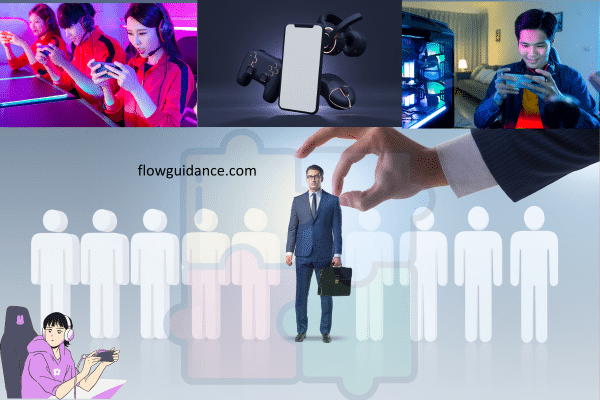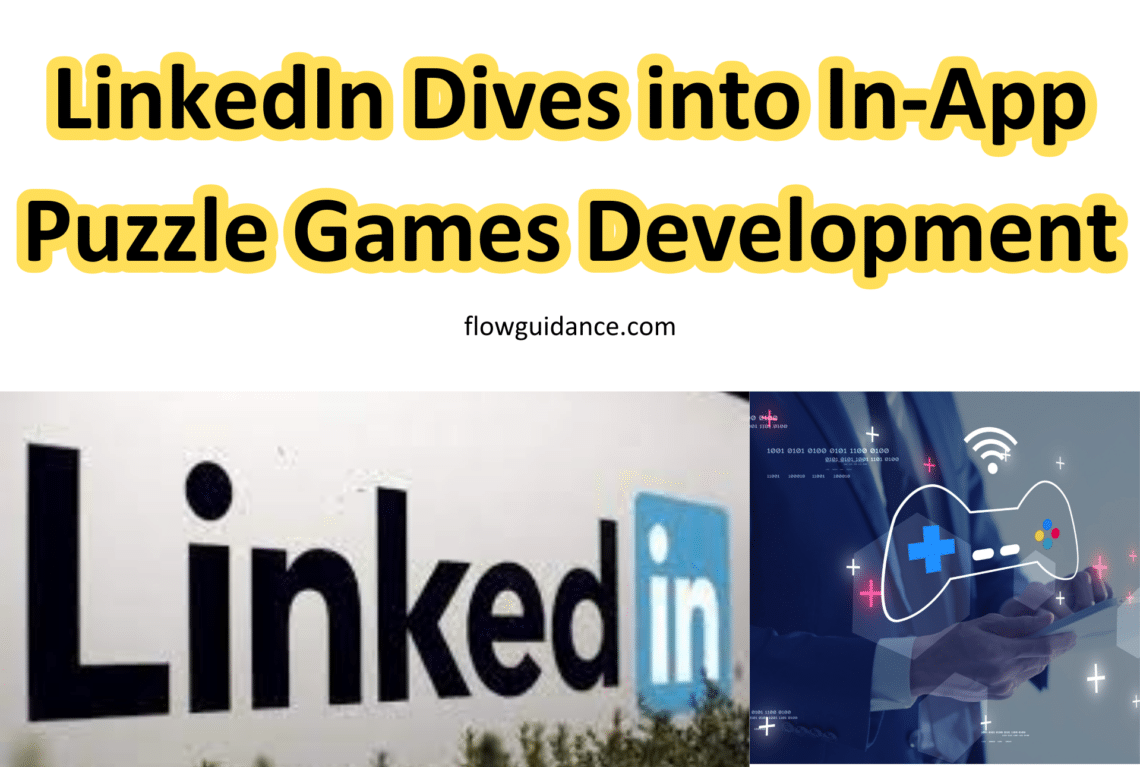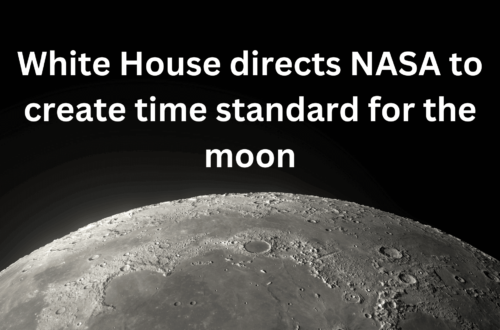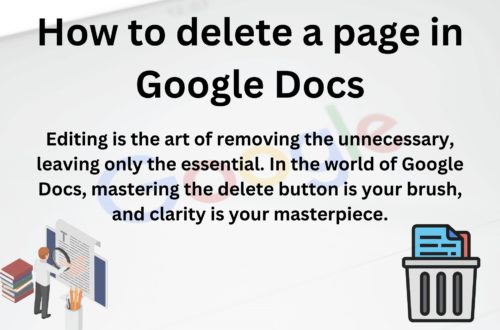Exploring LinkedIn's New Puzzle Games
LinkedIn, a platform known for professional connections, is adding a new feature: puzzle games. Nima Owji, a researcher, shared screenshots of these games on X. They’re called “Queens,” “Inference,” and “CrossClimb.” LinkedIn confirmed this to TechCrunch. These games are different from what LinkedIn usually offers, and they could make using the site more enjoyable.
How Puzzle Scores Affect Company Rankings
In these games, your score might affect how your company ranks. This adds a bit of competition to LinkedIn. It’s interesting because it’s not just about networking anymore; now it’s about how well you do in the games too.
When Will the Games Come Out?
People are excited about these new games, but LinkedIn hasn’t said when they’ll be available. Also, we’re not sure if everyone can play them or if only paying users can. It would be good to know, so everyone can prepare.
LinkedIn's Changing Face: From Networking to Gaming
Adding games to LinkedIn isn’t just about having fun. It’s about changing how people see the site. LinkedIn wants to be more than just a place to find jobs; it wants to be a place where people enjoy spending time.
Learning and Fun Combined
Playing these games isn’t just fun; it can also help you get better at things you need for work. Like problem-solving and working with others. LinkedIn wants to make learning these skills more enjoyable.
Making Friends While Playing
These games can also help you make new friends. When you play together, you can chat and get to know each other. It’s a more relaxed way to connect than just sending messages.
Helping Companies Find the Best People

Companies can use these games to find new employees. Instead of just looking at resumes, they can see how well someone does in the games. It makes finding the right person for the job more exciting.
how companies can utilize puzzle games on LinkedIn to find the best candidates:
Assessment of Skills: Traditional recruitment processes often rely on resumes and interviews to assess candidates. However, puzzle games offer a more dynamic way to evaluate applicants’ skills. Companies can create custom puzzles that reflect the specific competencies required for the job. For instance, a software development company could design coding challenges to assess candidates’ programming abilities.
Demonstration of Problem-Solving Abilities: Puzzle games provide candidates with the opportunity to showcase their problem-solving skills in real-time. By observing how candidates tackle challenges within the game environment, recruiters can gain valuable insights into their analytical thinking, creativity, and adaptability. This firsthand demonstration goes beyond what can be gleaned from a resume or interview.
Interactive Screening Process: Incorporating puzzle games into the recruitment process adds an interactive element that engages candidates on a deeper level. Instead of passively submitting applications, candidates actively participate in solving puzzles that mimic real-world scenarios relevant to the job role. This active engagement fosters a sense of excitement and investment in the recruitment process.
Identification of High-Potential Talent: Puzzle games can help identify candidates with high-potential talent who may not stand out through traditional screening methods. Recruiters can look beyond academic qualifications and professional experience to identify individuals who demonstrate exceptional problem-solving abilities, creativity, and strategic thinking within the game environment.
Enhanced Candidate Experience: Incorporating puzzle games into the recruitment process can enhance the candidate experience by providing a unique and memorable interaction with the company. Candidates are likely to appreciate the opportunity to showcase their skills in a fun and engaging format, rather than through traditional assessments. This positive experience can contribute to a candidate’s perception of the company as innovative and forward-thinking.
Alignment with Company Culture: Customizing puzzle games to reflect the company’s values, culture, and work environment can help identify candidates who are a good fit. For example, a company that values teamwork and collaboration could design cooperative puzzles that require candidates to work together to solve challenges. This alignment ensures that candidates not only possess the necessary skills but also share the company’s values and vision.
Overall, incorporating puzzle games into the recruitment process offers companies a unique and effective way to identify top talent while creating a memorable and engaging experience for candidates.
What's Next for LinkedIn and its Users
As LinkedIn keeps growing, these games could become a big part of it. They could change how people use the site and how they find jobs. It’s an exciting time for LinkedIn and its users.
Conclusion: A New Chapter in Professional Networking
In the end, LinkedIn’s new puzzle games could make the site more interesting for everyone. They mix fun and learning, and they could change how people think about LinkedIn. As these games roll out, they could bring a lot of new opportunities for networking and career growth.
For further exploration and insights, feel free to visit flow guidance.





